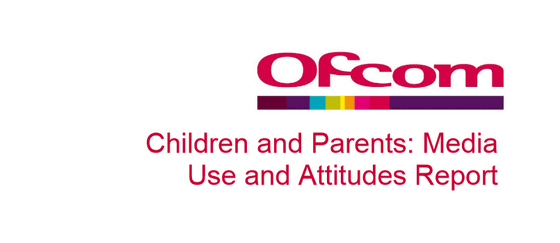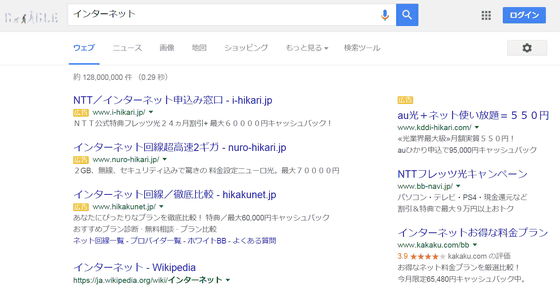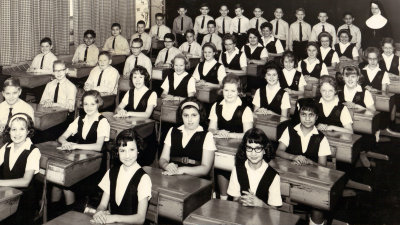A survey revealed that young digital native generation can not distinguish between Google search results and advertisements

ByPhilippe Put
Ofcom of the British Information and Communication Authority conducted a survey on the use of media such as television and the Internet for minors aged 5 to 15. In the survey, it is found that most minors do not understand the difference between search results and advertisements displayed in Google search results.
Childrens 2015 Report to webmaster final.docx - childrens_parents_nov2015.pdf
(PDF)http://stakeholders.ofcom.org.uk/binaries/research/media-literacy/children-parents-nov-15/childrens_parents_nov2015.pdf

Ofcom conducted a survey on the use of media for children under 5 to 15 in the UK and 3 to 4 years old as a different age category. In the survey, 29% of 12-15 years old answered that they prefer YouTube rather than television, 21% said they preferred to prefer TV, the first time YouTube surpassed the television. In addition, the number of minors who are online connected to smart phones and tablet terminals, not PCs, has continued to increase, and among younger generations it is common to browse internet content on mobile terminals It seems to be coming.

ByPabak Sarkar
According to a survey on the Internet, about 70% of 12 to 15 years old answered, "When I contact another user online, I will take a different way of speaking and acting than when I contact other people in reality." Also, It is found that the number of minors who think that YouTube is the most reliable and accurate for knowing information such as news is increasing from 3% in 2014 to 8%. However, the most interesting thing in the survey results relates to search engine search results.
Ofcom shows screenshots of Google search results to minors, "What is displayed at the top of the search results are" ads "," most relevant search results "," the most popular search Which one of the "results"? "I heard that about 70% of 12 to 15 years old did not understand the advertisement of the top page as advertisement. About 20% of 12 to 15 years old also knows that "I believe that what is displayed in search results is information based on truth".

James Thickett of the investigation who conducted the survey said, "The Internet gives children different approaches to learning and exploring than ever before, but in order for the young digital native generation to enjoy the online world correctly, It is clear that we need help to improve know-how, "commented on the findings. Thanks to the appearance of mobile terminals, the Internet became familiar, but the usage and knowledge of such things became familiar with the current situation that minors are not precisely understood.
The ability to use the Internet properly is "Net literacy"In recent years when young people inappropriately posted to social media became a problem young people lack of net literacy has been pointed out. In Japan, the Ministry of Internal Affairs and CommunicationsFostering ICT media literacy"Developing a program to cultivate net literacy called official page. Various efforts are undertaken to compensate for the lack of knowledge of children 's Internet, and I would like to expect the effect.
Related Posts:
in Note, Posted by darkhorse_log







